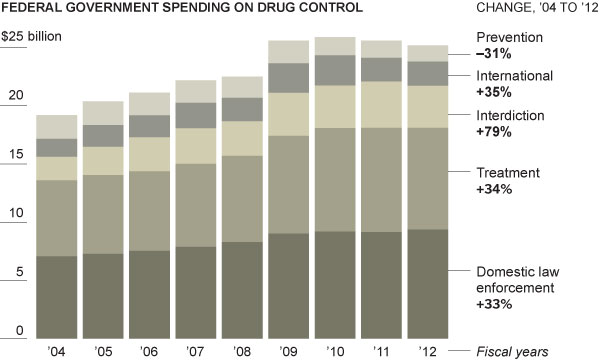At this point in the international negotiations with Iran, people seem to be reading into it whatever is beneficial for their own arguments. They’re either bound for resolution in the third round in Moscow later this month, or they’re doomed to failure because, hey, you can’t trust those Persians.
As James Rubin, former assistant secretary of state during the Bill Clinton administration, just mentioned in his latest scrawl pining for war in Syria, “the current round of negotiations with the world’s major powers will not fundamentally change Iran’s nuclear program.” On the other hand, Laura Rosen today reported that IAEA chief Yukiya Amano announced another meeting with Iranian negotiators to take place just ten days before the Moscow talks. Iranian officials have reiterated their willingness to make concessions, namely opening up the Parchin military site to inspections and halting 20 percent uranium enrichment.
One thing is for sure, if the U.S. and its western allies aren’t interested in coming to an actual agreement, self-fulfilling prophecy will once again prove an accessible phenomenon.
The fact that Iran has been negotiating separately and in parallel with the IAEA is indicative. Washington’s needless intimidation and aggressiveness quite simply makes the Iranians not want to make concessions when talking with the P5+1. The IAEA is not the one waging economic warfare and threatening to bomb Iran to bits, so Tehran sees the UN watchdog as a more viable and reasonable negotiator.
As Reza Nasri over at PBS Frontline’s Tehran Bureau put it today, “world powers are again poised to ‘solve’ an international crisis through an ‘agreement’ that is essentially predicated on intimidation, illegal threats of military action, unilateral ‘crippling’ sanctions, sabotage, and extrajudicial killings of Iran’s brightest minds.” In other words, ensuring a failure of talks.
Constant threats of military action, paired with harsh economic sanctions, are admittedly meant to coerce Iran into concluding an agreement with the P5+1 on its nuclear program. Covert operations, such as the assassination of top Iranian scientists and the spate of massive cyberattacksthat have targeted the country’s civilian energy sector, also seem to be part of a broader policy whose aim is to diminish Iran’s position at the negotiation table.
Mind you, taking these postures is illegal under international law (not that this matters to Washington):
Indeed, from the lens of modern international law, an agreement that is obtained through coercion is generally considered invalid. Article 52 of the Vienna Convention on the Law of Treaties — which codifies some of the most fundamental bedrocks of the laws among nations — is very clear on the subject: It specifically renders “void any treaty which has been procured by the threat or use of force in violation of the principles of international law embodied in the Charter of the United Nations.”
After the failed talks in 2009 and 2010, wherein Obama ended up mysteriously rejecting the very deal he demanded the Iranians accept, as Stephen Walt wrote last week, the Iranian leadership “has good grounds for viewing Obama as inherently untrustworthy.”
Still, the Iranians have all but given in. They just haven’t laid prostrate in the face of Western bullying. Rosen:
For the upcoming P5+1/Iran talks in “Moscow, an agreement on ‘zero stockpile of 20 % enriched uranium would be the best achievement,” Mousavian proposed.
Under such a plan, he explained, the P5+1 and Iran would set up a joint committee to determine how much 20% enriched uranium Iran needs for medical purposes, and the rest of its 20% stockpile would be exported or converted to 3.5%.
He also proposed that the IAEA define the maximum amount of transparency it would like from Iran. “If Iran accepts, to sign the additional protocol and give the IAEA access beyond that demanded in the additional protocol, then the [western powers] should be ready” to defer new European and American sanctions set to go into effect next month targeting transactions with Iran’s Central Bank and oil exports.
There you have it. The agreement is there. No more 20 percent enrichment, just don’t impose further economic sanctions. Whether Washington will accept this peaceful resolution in Moscow remains to be seen. But so far, the Obama administration’s policy has been schizophrenic. And when it comes down to it, the U.S. is primarily concerned with Iran’s nuclear know-how – not out of concerns of nuclear proliferation – but because it closes “avenues for regime change.” That mentality will mean the long-term failure of any resolution. And any peace.




